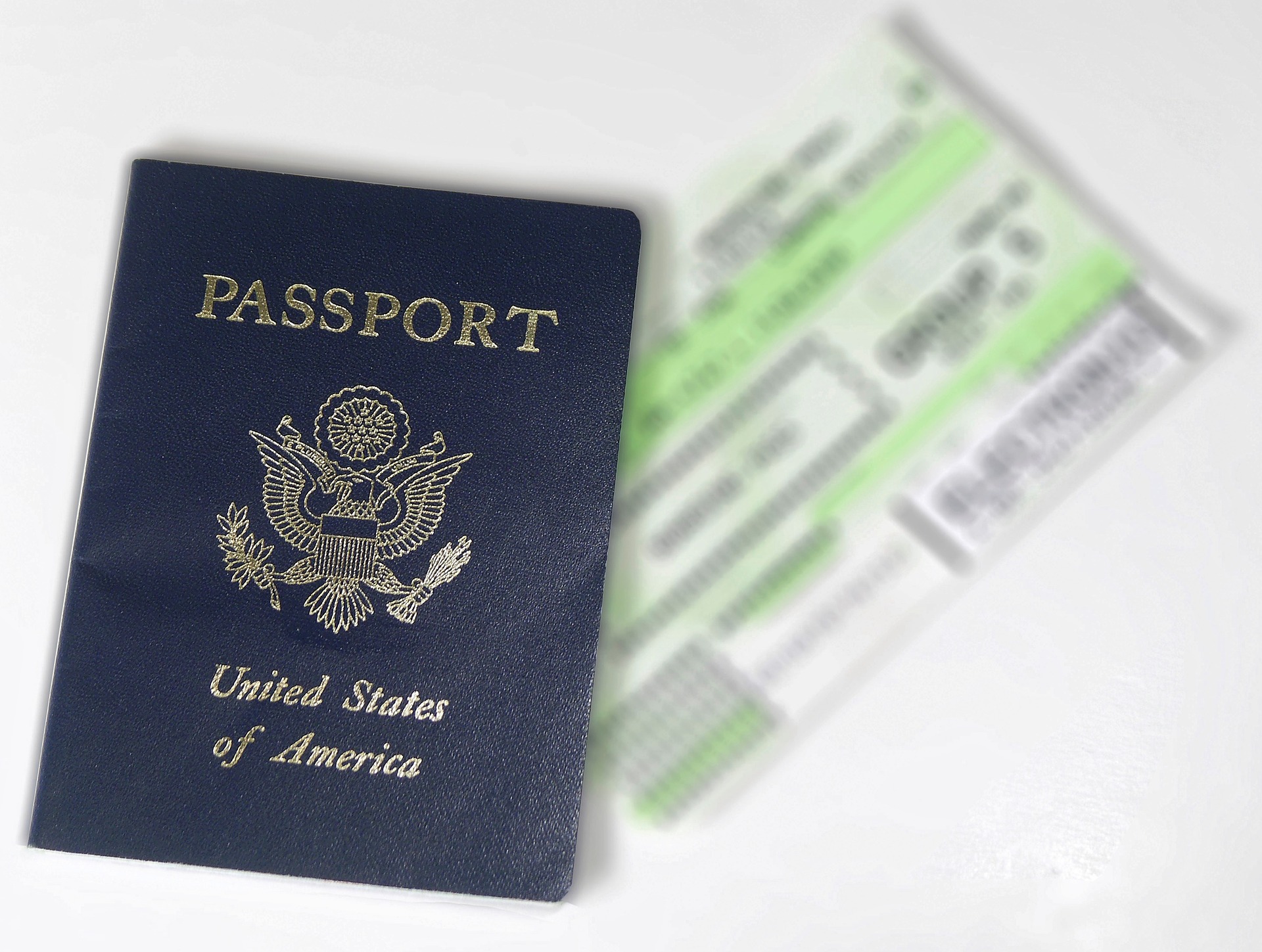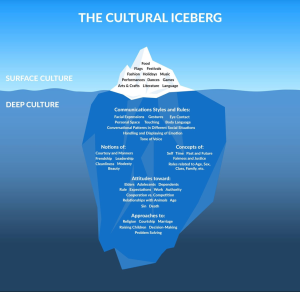I have to be upfront here. I am not technically an international student. I hold American citizenship and so receive federal financial aid. I receive citizenship through my father, who is a naturalized citizen. However, I do not have citizenship papers in my name, so I have no way to prove my American citizenship when it comes to circumstances like getting a new passport. For anything that requires proof of citizenship, I need my father to be present.
This is something that’s been on my mind recently because I lost my passport. A passport plus identification plus social security card is usually enough to prove citizenship for anything less than a security clearance. To get a new passport, I need to have my father escort me to a passport office, vouch for my citizenship and then sign so that a new passport can be ordered. I would do this now, but my father is currently in Ghana. If something were to happen to him in Ghana, or on the flight back, I actually have no clue what the status of my citizenship would be. That’s pretty scary. I have faith that it would eventually work out though, and that makes me pretty lucky.
That’s not at all the case for many people in the United States. I have family in Europe who are there without papers, and very likely some in the United States as well.
Almost all of them have tried or are trying to obtain legal status and have been rejected. Of course, it’s difficult to get precise numbers on this issue, but using my personal experience as a guide, I would argue that many students who are immigrants or children of immigrants have family members who are undocumented and have similar stories. 13 percent of America’s population is immigrants, and an even greater percentage is children of immigrants. There is a high concentration of this immigrant population in California. All of this (at least to me) suggests that stories about survival migrants and immigration quotas and patterns are in fact very relevant to a significant portion of our population.
And this makes me very confused as to why those stories are considered “powerful, but they’re a bit too distant for most of us to be able to relate to,” at least according to my storytelling class, book editors, and publishing companies. Actually, it makes me pretty angry. An issue that’s dominated this election cycle, an issue that’s one of the core tenets of our foreign policy, is an issue that’s so distant from Stanford students’ lives that creating a story about it is too difficult? Clearly, immigration is a much bigger issue than we give it credit for in our daily lives. This is largely because immigrants are invisible in our society. Because of the immense pressure to assimilate, many immigrants are not readily identifiable as immigrants, and their presence recedes to the recesses of our collective consciousness.
Assimilation is the process by which immigrants lose or get rid of any ties they have to their home country. A certain amount of assimilation is inevitable. Many foodstuffs simply cannot be found in the United States, and so we may not be able to eat the foods we’re used to and will have to substitute with American foodstuffs. The same goes for certain types of clothing. The population density of people from our culture may not be high enough for us to celebrate our holidays and festivals in the ways we’re used to. There may not even be enough people to retain fluency in our native language. All of these almost inevitable circumstances mean that immigrants can be pretty invisible. However, that’s just the tip of the cultural iceberg. After all, fashion can be fetishized and food can be made a fad.
The problem with external pressure to assimilate is that it moves beyond those external expressions of culture and forces internal conformance with the dominant culture. It demands that immigrants change their identity so as to become good Americans. People are pressured to assimilate not just to fit in better with their new society but because their new society is better and their old beliefs are invalid. This is because the pressure to assimilate insists that the culture, beliefs and values that the immigrants came with are false, bad or harmful in their totality. Without any actual knowledge of the cultures and values it is decimating, this pressure erases the foundational beliefs of swaths of peoples, replaces them with a culture that doesn’t acknowledge or meet the needs of those peoples and then pronounces them “civilized” and “modern” while ignoring the psychological trauma it has caused in those people’s lives.
Part of the process of assimilation is a wholesale replacement of values. Immigrants are taught new ways of raising children and told that the ways they grew up with were abusive. For example, in most cultures, children aren’t praised or rewarded for accomplishing what is expected of them. They don’t get stickers for doing their chores or making the A/B honor roll. However, there is immense pressure for immigrants to constantly praise their children and the assumption that if they do otherwise, they are bad parents. Part of the process is changing their religious beliefs by becoming less devout or giving up their religion altogether, unless they convert to mainstream, not-too-devout Protestant Christianity.
And somehow, we have to come to terms with the fact that we spent a significant portion of our lives being wrong or else believe that everyone around us is wrong. We have to consciously or unconsciously unpack and examine all of our beliefs and determine which we will keep and which we will toss, all the while in an environment that says that all of your old beliefs are wrong, while coming from an environment that says all your potential new beliefs are wrong. There is no framework to help resolve this conflict. We must suffer through this largely in silence.
All of these aspects — the natural changes one makes as one adapts to a new environment, external pressure to assimilate, the need to keep assimilation struggles private and the lack of resources aimed at easing those struggles — all combine to make immigration a topic that is always at the back of our minds yet always hidden. And it is this invisibility that drives people to think that the stories of immigrants are not relevant to daily life.
Email Dabiyyah Agbere at bagbere ‘at’ stanford.edu.

